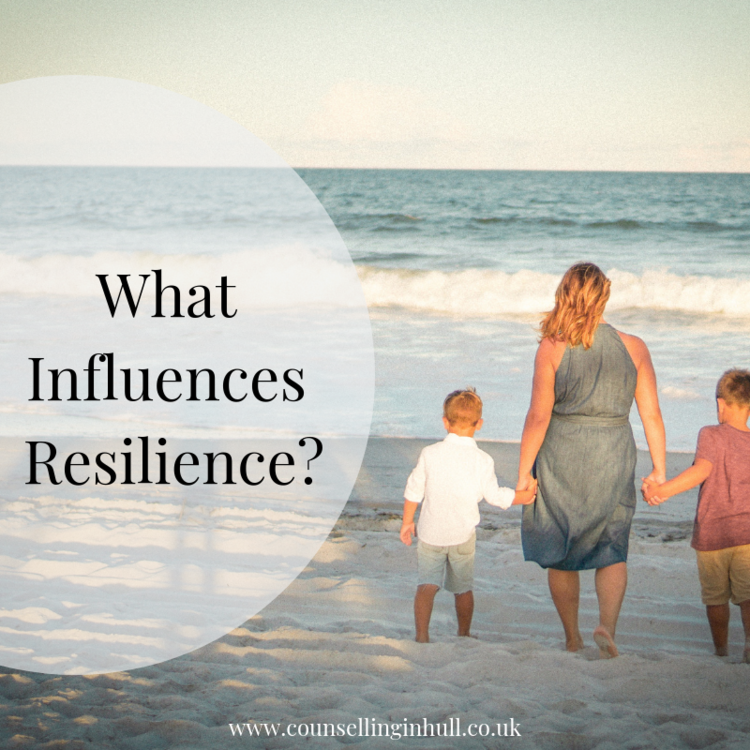What Influences Resilience?
In the previous blog What does it Mean to be Resilient? I briefly mentioned one of the major influences of resilience - our mindset (go have a read if you haven’t yet). In this blog, I want to point out how easy it is to experience adverse situations which can impact our ability to cope and bounce back, but also, how available the promoting factors are, if you know what you’re looking for.
Let’s first look at what can have a negative impact on our resilience.
Negative Experiences That Can Impact Children’s & Adult’s Resilience:
Before we look at what experiences can have a negative impact on resilience, if you’re a parent, then I really want you to hear me when I say “negative experiences are all around us, guilt us unhelpful - we are only human”. I want to say this because it’s very likely that your children have experienced some of these situations but I don’t want you to get caught up in them; instead see them as hurdles in life, that you can overcome. Most examples are taken from a research project on resilience by the Joseph Rowntree Foundation (2007).
living on low income
living in a disadvantaged area
abuse
bereavement
trauma
separation
migration
peer rejection
alcohol and/or drug misuse
neglect
mental health (in self or others)
disability
Thinking back to what was written about our positive and negative processing systems, can you see how experiencing these would impact the degree to which you or your child would access the positive systems and therefore could limit resilience?
We often exist in life, with one or more of the negative impacts on resilience, but let’s look at what can have a positive impact (these are also taken from the Jospeh Rowntree Foundation (2007) research project).
Characteristics That Positively Impact Resilience:
emotional security and secure attachment style
positive valuation of self (self-esteem)
self belief (belief around how effective we are)
awareness of strengths and weaknesses
social competency
strong internal resources for coping (as opposed to external i.e. other people/situational factors)
problem solving abilities
sense of purpose inc. religious faith
humour
More Useful Blogs:
What does it mean to be Resilient?
Why being Real is Important when you're a Parent.
8 Strategies for Helping your Anxious Child.
Day-to-Day Strategies to Positively Impact your Children's Anxiety.

